Namika La Pass : A Crest Above the Rest
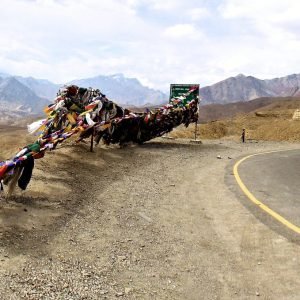
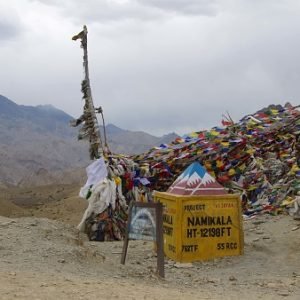
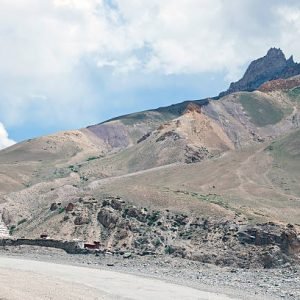
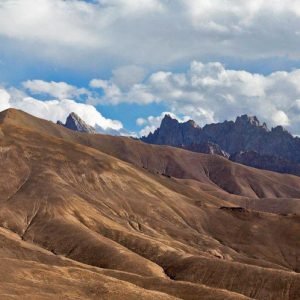
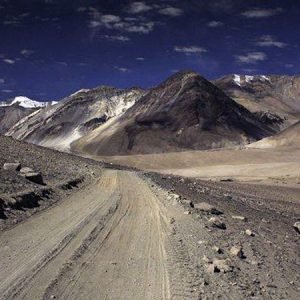
Table of Contents
Toggle1. Introduction
Namika La Pass, standing at an elevation of about 3,700 meters or 12,139 feet above sea level, stands amongst the highest mountain passes that occur along the Srinagar-Leh Highway, NH1, crossing the Union Territory of Ladakh in India. Commonly known as the “Pillar of the Sky,” Namika La lies between Kargil and Leh; it is an important link in the web of transportation that spreads across the region. The pass falls within the extended Himalayas terrain and offers an excellent opportunity to experience firsthand Ladakh in its rugged beauty, historic significance, and cultural diversities.
The following travel guide on Namika La falls in geographical significance, best time to visit, history, how to reach, things to do, and all-important tips that a traveler would want.
2. Geographical Significance
Namika La lies between the towns of Mulbekh and Fotu La, another major pass, on the Srinagar-Leh highway, some 100 km from Kargil, and about 370 km from Srinagar. Namika La forms one of two major passes on the way from Srinagar to Leh; another one is Fotu La. Landscape The landscape is generally rugged, with barren mountains combined with deep valleys, along with rock formations typical of the Trans-Himalayas.
High altitude practically wraps this pass in a cold climate; it’s very often dotted with snow, mainly during the cold months. This pass offers a brilliant view of the surrounding snow-capped mountains and the barren landscapes typical of Ladakh. Strong winds sweeping across the pass add to its remote and harsh feel, further making it a point of challenge and reward for travelers.
3. Historical and Strategic Importance
Namika La has immense historical and strategic importance, especially in the context of trade and defense. This route was part of the Silk Route in historical times, through which traders used to transport goods like spices, silk, and textiles between India, Central Asia, and China. The high-altitude passes like Namika La played an essential role in facilitating this commerce despite the harsh conditions.
During more recent times, especially after the partition of India and the conflicts with Pakistan, Namika La and the Srinagar-Leh Highway have played a very important role in maintaining supplies to the military outposts in Ladakh, including those along the Line of Control with Pakistan. The road is, even today, considered a lifeline for the Indian Armed Forces-one of the supply roads to the troops stationed in Ladakh-finding its importance after tensions have worsened with Pakistan and China.
4. Best Time to Visit
The best time to visit Namika La is from the month of May through September of each year. During this period, the roads are generally open, and the weather conditions are better for travel, with clear skies and a moderate temperature.
a. Summer: May to August is the peak tourist season in which the weather is mild and the roads are mostly free of snow. The daytime temperatures normally range between 15°C to 25°C, though it might get chilling at high altitudes.
b. Monsoon: There is hardly any rain in Ladakh, but resultant landslides and roadblocks, especially in the lower reaches of Kashmir may become a problem. This period, nonetheless, is still more crowd-free.
c. Autumn: This is usually a continuation of summer, with the weather slowly cooling down, while high-altitude passes begin to shut down sometime in mid-October due to snowfall.
d. Winter: It snows heavy and thus all the roads leading to Ladakh are closed. One can reach Ladakh only by flights during this time. The Srinagar-Leh highway is not accessible during these months, which stretched between November and April.
5. How to Reach Namika La
a. By Air: Nearest Airport Kushok Bakula Rimpochee Airport is in Leh, and it is well-connected to all major cities like Delhi, Srinagar, and Chandigarh. From Leh, it is 120 km away towards the road side via the famous Leh-Kargil Highway.
b. By Road: Adventure-loving people like to undertake a road journey to Namika La. The common route is via the Srinagar-Leh Highway (NH1). From Srinagar, it crosses several key points including Sonamarg, Drass, and Kargil before it finally reaches Namika La.
i. From Srinagar: Namika La is about 370 kilometers away from Srinagar and takes roughly 10 to 12 hours, the roads are well-maintained but go through mountains, so have to drive with care.
ii. From Leh: About 120 Kms away from Leh, it will take approximately 3-4 hours.
c. By Bus/Taxi: Regular buses ply and shared taxis between Srinagar, Kargil, and Leh. Private taxis are also available. For the adventurous, many tourists like to join these scenic destinations by self-drive vehicles or bikes.
6. Things to Do at Namika La
a. Photography: The landscape around and at Namika La is a photographer’s dream. Large expanses of bare land, hardened peaks, and light that keeps changing across the day make it a visual treat. The pass also offers some iconic shots of the serpentine road that cuts through the mountains.
b. Motorbiking: Namika La, for bikers on the Srinagar-Leh route, is a major stoppage and usually is considered as one of the finest motorcycle tours in the world. It’s an unbeatable experience to have a thrill in riding through the challenging terrain, with sweeping views of the Himalayas greeting you on either side.
c. Trekking: Although Namika La itself has a few marked trekking routes, the entire Ladakh region is actually a dream destination for trekkers. Second, one can also explore the surrounding areas and trails going deep inside the mountains from Namika La, particularly if someone is interested in offbeat trekking experiences.
d. Monastery Visits: Ladakh is tied to the treasure of Buddhist heritage. Mulbekh, a town just before Namika La, houses the famous Mulbekh Monastery and a giant statue of Maitreya Buddha carved into a cliff. This forms a compulsive stop for travelers going to or from Namika La.
e. Observe Local Culture: The area surrounding Namika La is inhabited by people of different ethnicities, namely Ladakhi Buddhists and Shia Muslims. There are small villages, which speak of the peculiar way of life and culture followed by the locals. Villages can be visited while on the journey thereby allowing the travelers to interact with the culture followed by the locales.
7. Travel Tips
a. Altitude Sickness: The altitude of Namika La is quite high, and AMS or Acute Mountain Sickness may thus also tend to take its toll on the traveler. It is of utmost importance to get acclimatized properly prior to reaching such altitudes. Take with you medicines like Diamox and keep your body hydrated during the entire journey.
b. Weather Preparedness: In summers or any other season, the temperature at Namika La may all of a sudden turn cold. Always carry with you some warm clothes along with windproof jackets and gloves to shield yourself from cold and wind.
c. Fuel and Supplies: On the Srinagar-Leh route, there are a few filling stations; hence, whenever an opportunity arises, one should get a refill. This could be either in Kargil or in Leh. Take enough food and water supply and other items in case of unexpected delays.
d. Road Conditions: Except for some parts that are averagely OK, the rest of the highway is quite good. But during the monsoon season, it is very prone to landslides and rockfalls. Consult about road conditions and the weather first before embarking on the journey.
e. Permits: As far as the Srinagar-Leh Highway is concerned, no permits are required for the people of India. On the other hand, foreign nationals need to have an Inner Line Permit or ILP to visit some restricted areas in Ladakh.
8. Conclusion
Namika La Pass is an important stop on the Srinagar-Leh Highway for its combination of adventure, scenic beauty, and cultural richness. Be it an adventure enthusiast, a history enthusiast, or a nature lover, Namika La has in store for one a journey with breathtaking landscapes and unforgettable experiences. Not just a mere pass, but a door to the world that opens into the Ladakhi experience in all its glory.
How to book a trip to Namika La Pass, India with Charzan Holidays?
For a seamless and exceptional booking experience, contact Charzan Holidays at reservations@charzan.in or call us at +919622224473
Frequently Asked Questions
1. What is Namika La Pass? | |
| Namika La Pass is a high mountain pass located in the Zanskar region of Ladakh, India, situated at an altitude of approximately 12,198 feet (3,709 meters). | |
2. Where is Namika La Pass located? | |
| Namika La Pass is located on the NH 1D highway, connecting the Leh district to the Kargil district in Ladakh. | |
3. When is the best time to visit Namika La Pass? | |
| The best time to visit is between May and October when the pass is usually accessible and the weather is more favorable. | |
4. How do I get to Namika La Pass? | |
| You can reach Namika La Pass by road, typically as part of a journey between Leh and Kargil. Buses, taxis, and private vehicles commonly traverse this route. | |
5. Is it safe to travel to Namika La Pass? | |
| While generally safe, travelers should be cautious of weather conditions, road conditions, and the effects of high altitude. It’s advisable to travel with a companion. | |
6. What should I pack for a visit to Namika La Pass? | |
| Pack warm clothing, good walking shoes, a first aid kit, snacks, water, and a camera to capture the stunning landscapes. | |
7. Are there accommodations near Namika La Pass? | |
| Accommodations are limited around Namika La Pass. Travelers often stay in nearby towns like Kargil or Leh before or after their journey. | |
8. What types of vehicles can navigate Namika La Pass? | |
| Well-maintained SUVs and 4×4 vehicles are recommended due to the challenging terrain. Local taxis also operate on this route. | |
9. Can I see snow at Namika La Pass? | |
| Yes, snow may be present at Namika La Pass, particularly during the early summer and late autumn months, though heavy snow can block access in winter. | |
10. Are there trekking opportunities near Namika La Pass? | |
| Yes, there are trekking routes in the surrounding areas, offering beautiful views and opportunities to experience the local culture and wildlife. | |
11. What is the altitude of Namika La Pass? | |
| Namika La Pass is at an elevation of approximately 12,198 feet (3,709 meters) above sea level. | |
12. Are there any restrictions for travelers at Namika La Pass? | |
| Travelers should check for any necessary permits or restrictions, especially due to the region’s proximity to sensitive border areas. | |
13. What are the main attractions near Namika La Pass? | |
| Nearby attractions include the Suru Valley, the Zanskar River, and various cultural sites in Kargil and Leh. | |
14. Is there mobile network coverage at Namika La Pass? | |
| Mobile network coverage can be limited in and around Namika La Pass, so it’s wise to inform someone of your travel plans beforehand. | |
15. What precautions should I take when visiting Namika La Pass? | |
| Acclimatize to the altitude gradually, stay hydrated, avoid strenuous activities, and check weather conditions before your journey. |
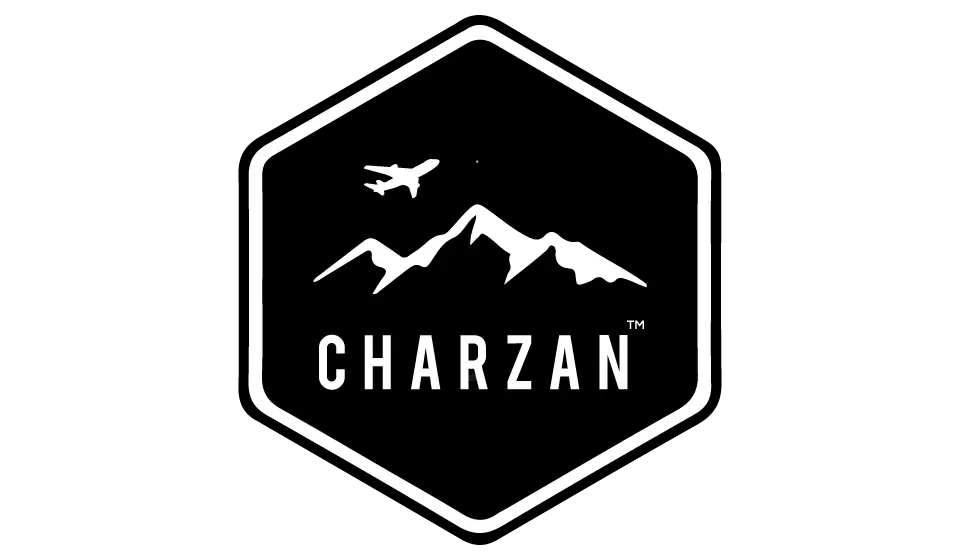

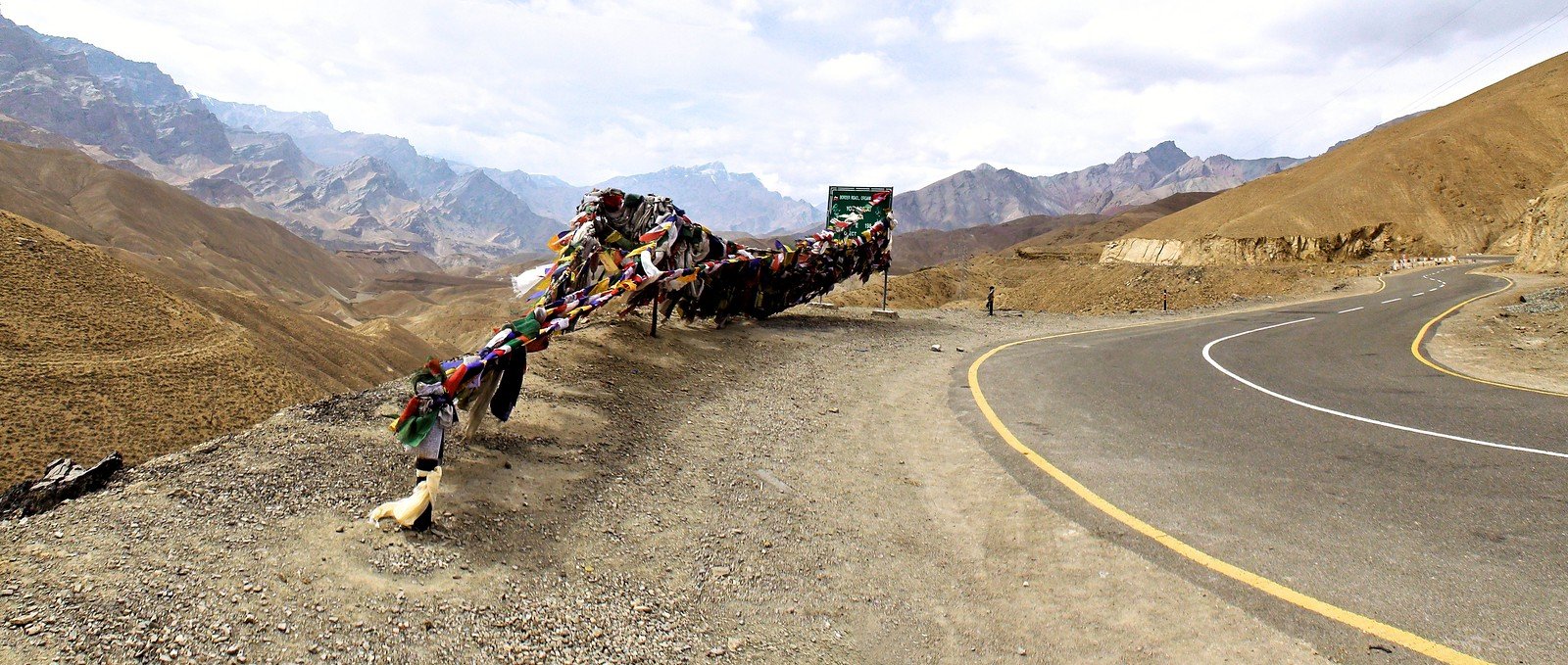
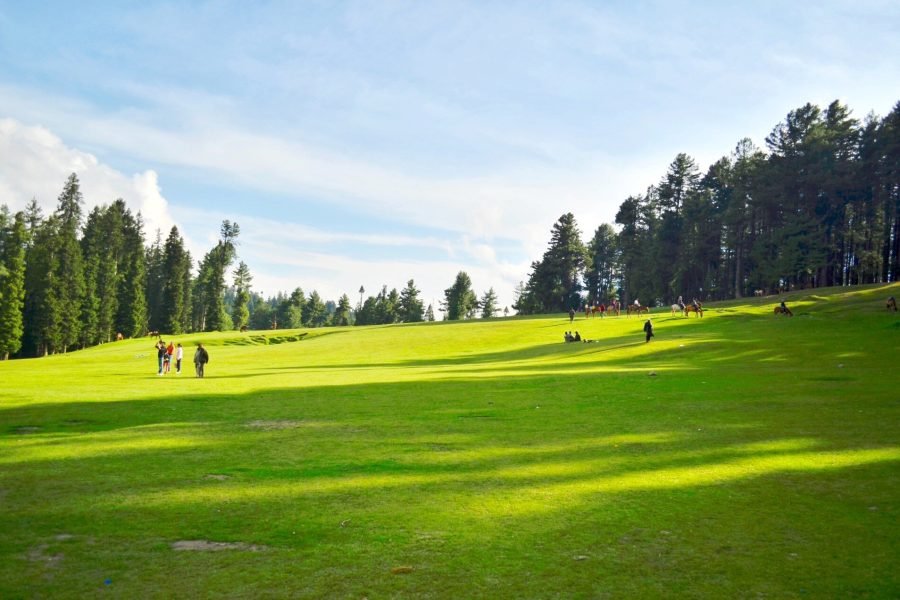
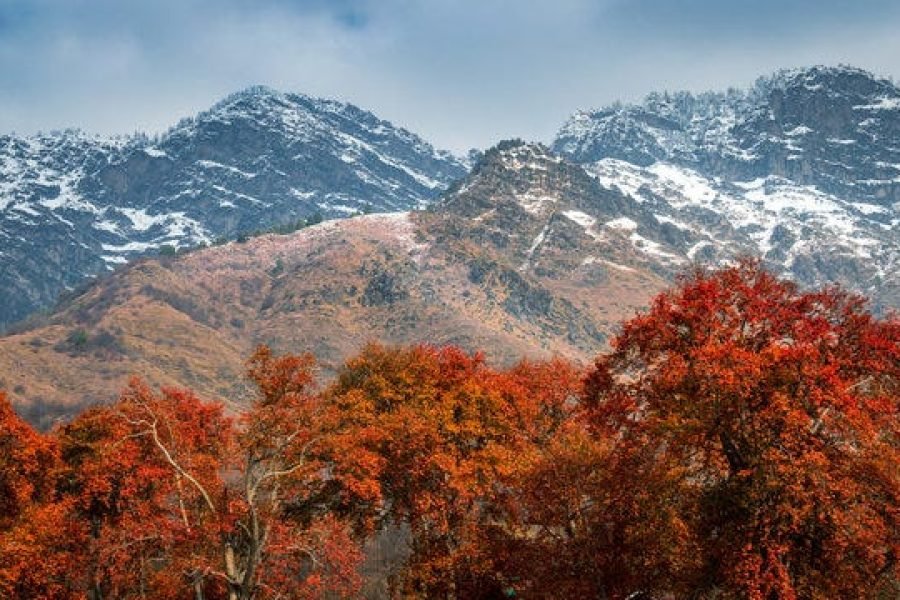
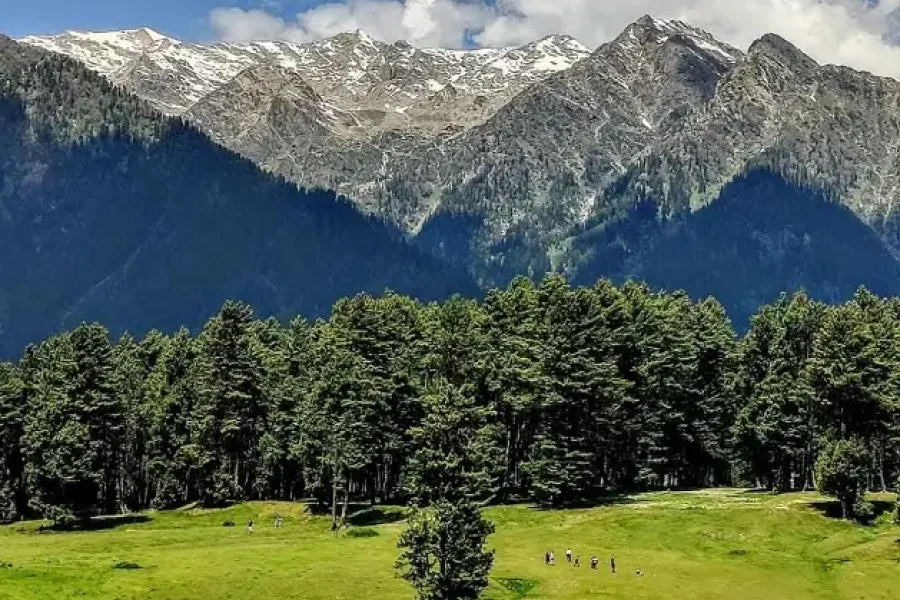
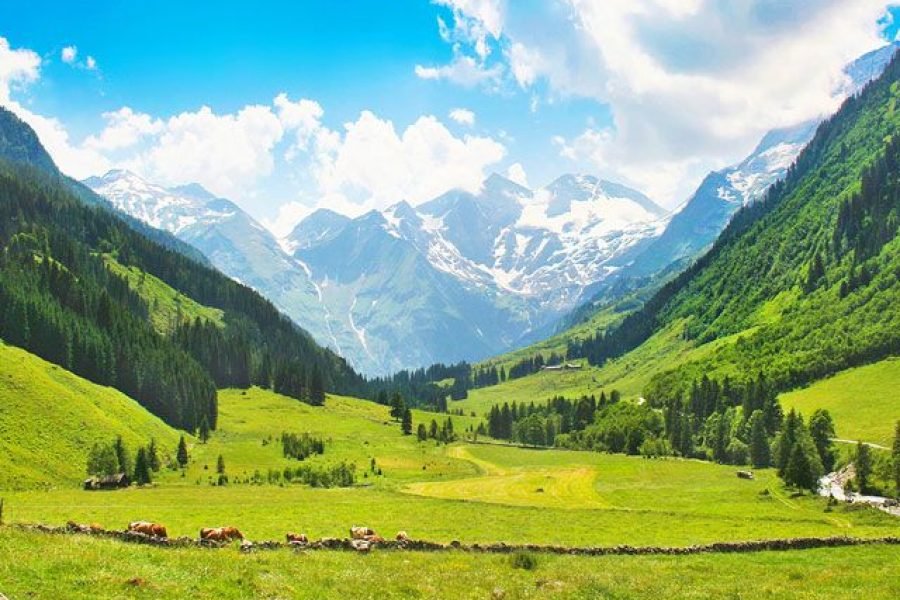
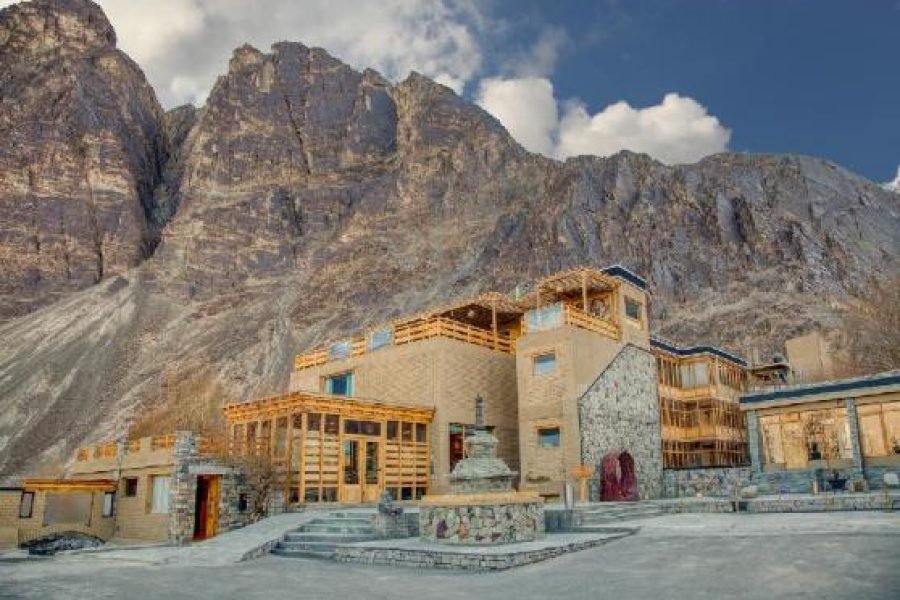
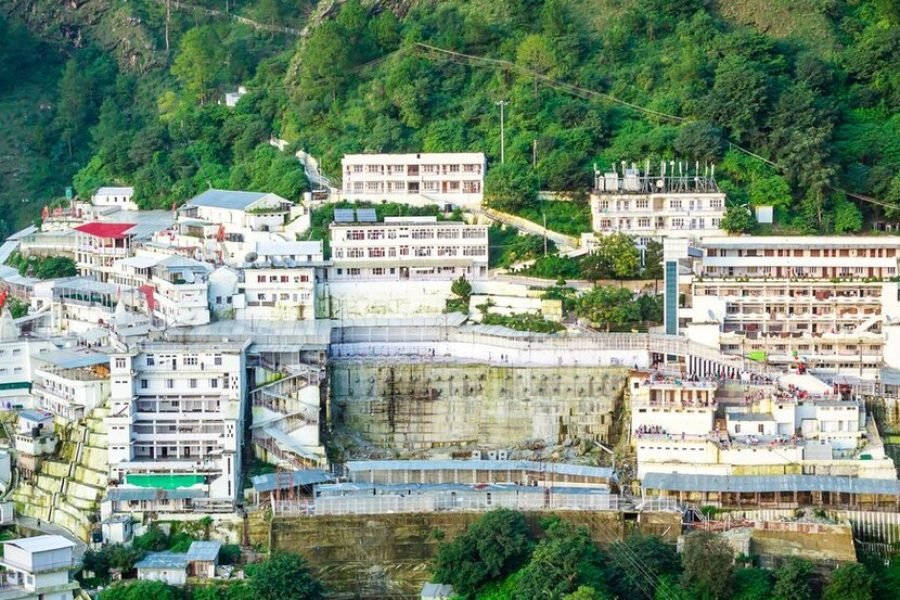
0 Comment